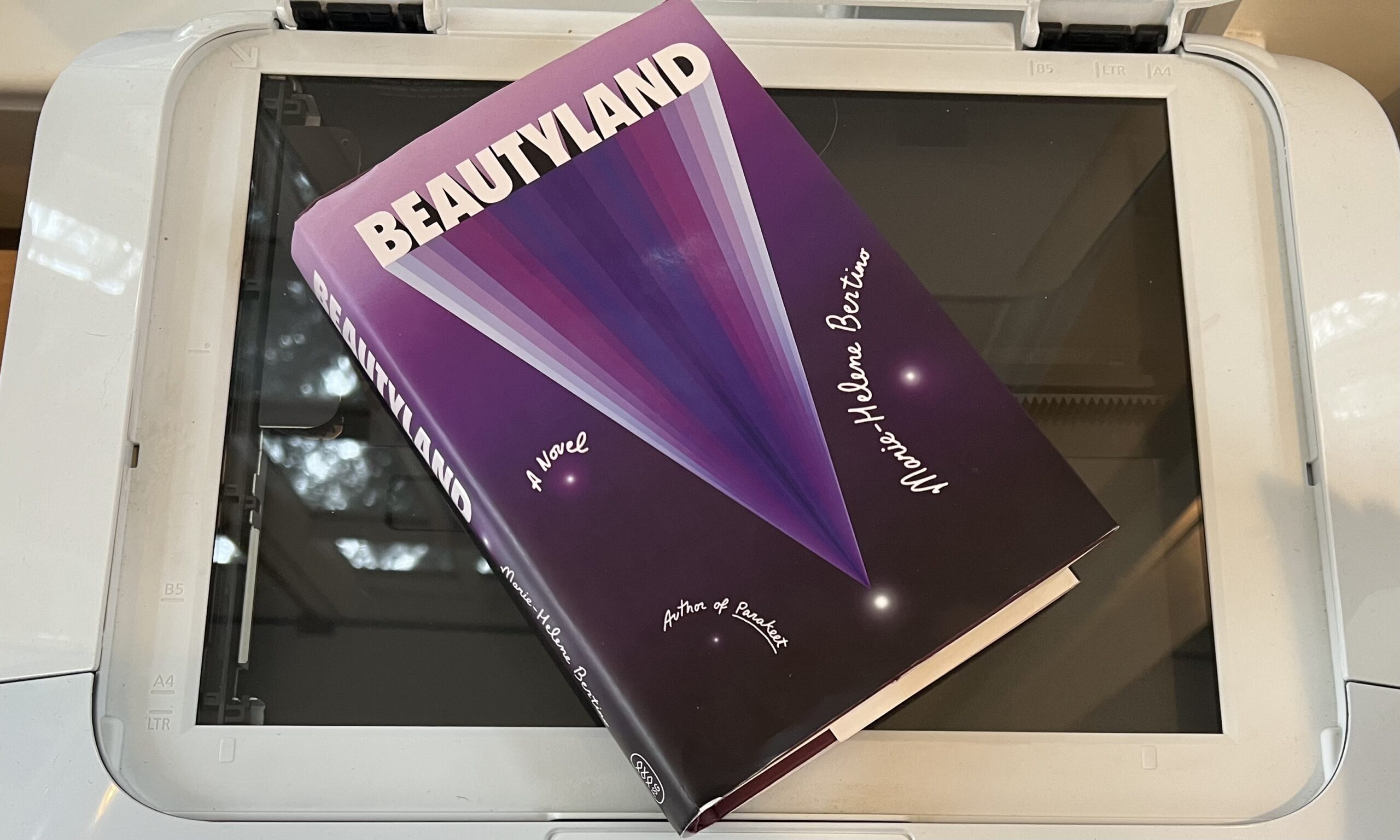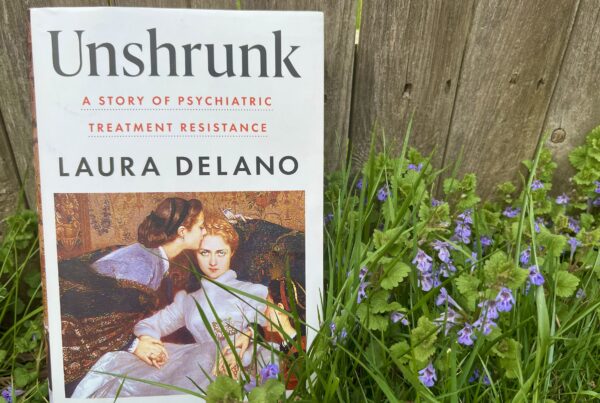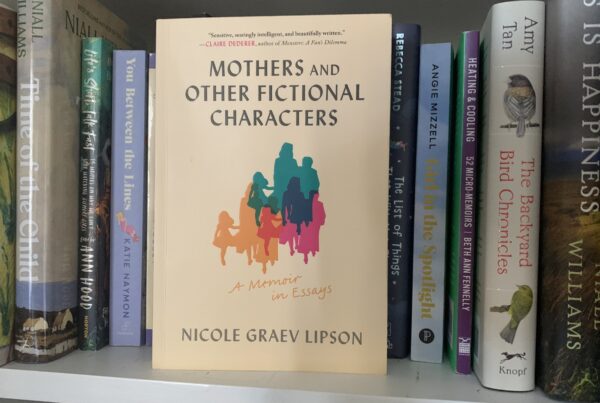Sometimes a novel does everything right. As soon as I started reading Beautyland by Marie-Helene Bertino, I was grateful that its created world subsumed the actual world, shutting it out and reflecting it back at the same time, familiar but surprising. The key to this book’s strange power is the combination of specific details about place, time, and people with an unexpected otherworldly theme. “Otherworldly” is the exact term to describe the main character, Adina, born in September 1977, at the same moment Voyager 1 is launched with the purpose of explaining human life to intelligent extraterrestrials. The timing is not a coincidence, since Adina—jaundiced, premature, almost fatal to her mother—is a tiny alien probe sent to Earth by a planet three hundred thousand years away. She won’t be activated until she’s four but will then use a fax machine to transmit information to her “superiors” whose deadpan humor and succinct responses to her missives alert us that this is no metaphor. This is the story of a sensitive observer whose experience of humanity builds from birth to death with wonder, pain, and poignancy.
Adina’s struggling single mother—unsentimental, preoccupied, doing the best she can—is one of the indelible characters that shapes Adina’s understanding of class, money, work, and strength. Her best friends, Dominic, and especially his charismatic sister, Toni, shape her understanding of honesty, loyalty, and love. Awkward, astigmatic, asexual, alienated, misophonic, Adina is also gentle, original, talented, and deeply attuned to the absurdities and profundities of human existence. A remarkable visitor leading an unremarkable life, she processes gutting loss and global success, all the while yearning for connection, for a way to access her human home and a way to return to her home planet.
Throughout the narrative, Bertino weaves the historical, cultural, and metaphorical language of space travel and extraterrestrial life. Carl Sagan, ET, galaxies, and quasars form a background to Adina’s navigating mean girls and baffling boys, waitressing in a diner, moving to New York City, publishing her observations to acclaim, suffering depression, adoring a little dog, recognizing her real name in the mechanical squeak of the Bleeker Street subway train. In one of her early reports, Adina writes, “Human beings fetishize no organ more than the heart. This manifests in language, the heart has its own vocabulary. When they like someone, they say: That’s a girl after my own heart…Bless your heart. Cross my heart. When they are sad they will say: My heart is broken…But the heart is just a muscle with an important job. Only an area in the body.”
As this extraordinary book draws to its wrenching, beautiful end, both we and Adina learn how loneliness, loss, and love break our hearts and how finding a true home can heal them.




